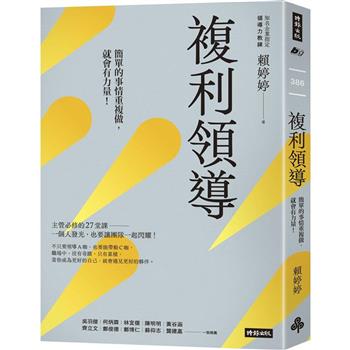Drawing on autotheoretical methods, this insightful volume explores how LGBTQ+ scholars, practitioners, and scholar-practitioners exist within and negotiate an insider/outsider paradox within higher education, highlighting issues of affect, legibility, and embodiment.
The first of a two-volume series, this book foregrounds the experiences of LGBTQ+ higher education scholars and practitioners in the United States as they navigate cisheteronormative culture, structures, practices, and policies on campus. Through theorization of contributors’ lived experiences in relation to identity and the concept of queerness as being, the volume posits queer identity as embodied resistance and demonstrates how this plays out within an insider/outsider paradox. An innovative theoretical framing, this text artfully exemplifies how queer and trans people exist simultaneously as both insider and outsider in university communities and deepens understanding of how critical narratives might inform institutional transformation and drives toward equity. The book then looks to the future, discussing implications for research and practice, using the lessons learned from the chapter authors.
Embellished with a plethora of diverse firsthand contributions and innovative scholarship, this book will be of interest to students and scholars of queer and trans studies, student affairs, gender and sexuality studies, and higher education, as well as those seeking to understand the experiences of LGBTQ+ higher education scholars and practitioners as they navigate central tensions in their practice.












